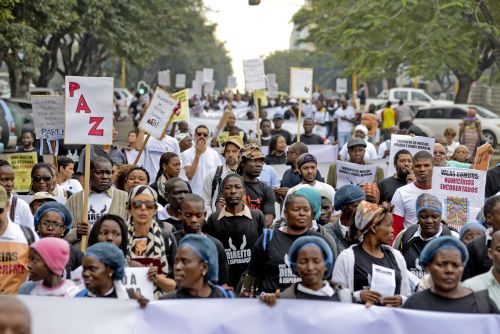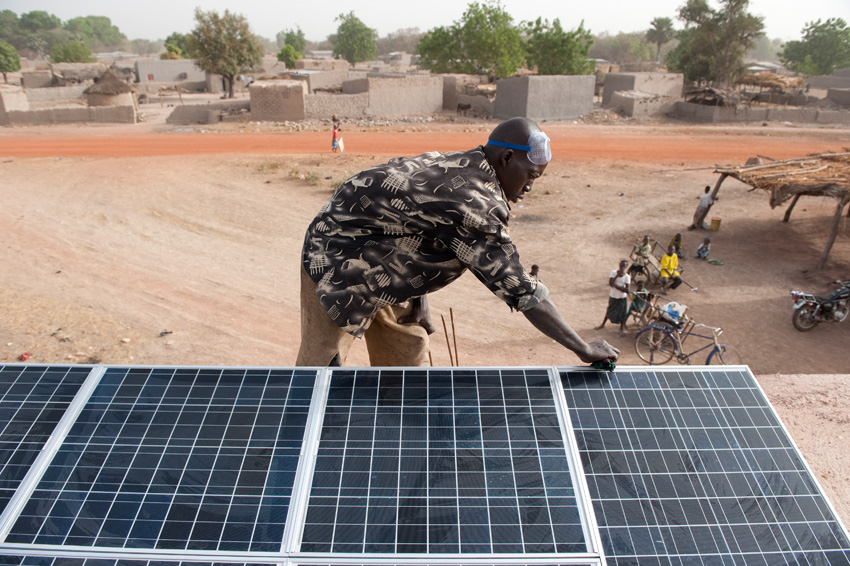Cooperation by the World Bank and IMF assessed
The World Bank and the International Monetary Fund (IMF) should collaborate more closely to increase the effectiveness of their work. This was the conclusion reached by a six-strong review committee made up of former finance ministers and high-ranking government officials, commissioned by the Bank and the Fund a year ago. The review report, which the panel presented at the end of February, maintains the relationship between the two institutions is shaped too much by competitive thought and provisos. “There is currently no robust dialogue between the Bank and the Fund as they consider their future strategies and the implications this may have for how they work together,” establishes the report. From the assessors’ point of view, the two institutions achieved the best results when they worked in close collaboration, as was the case, for example, in the debt relief initiative for Heavily Indebted Poor Countries (HIPC). The commission recommends a stronger institutionalisation of networks, through staff exchanges for example, and establishing a standing working group of the two executive boards. If possible, the member states should appoint only one executive director for the two institutions in future.
Furthermore, the report suggests the Fund should only provide short-term assistance to bridge balance of payments problems and leave long-term development funding to the World Bank. Now is a good opportunity to step back in this way because long-term commitments by the Fund have dropped considerably in the past two years. The task of the IMF is to keep an eye on its members’ macroeconomic stability and current accounts. The World Bank, on the other hand, is responsible for development-related micromanagement. (ell)
On the Internet:










